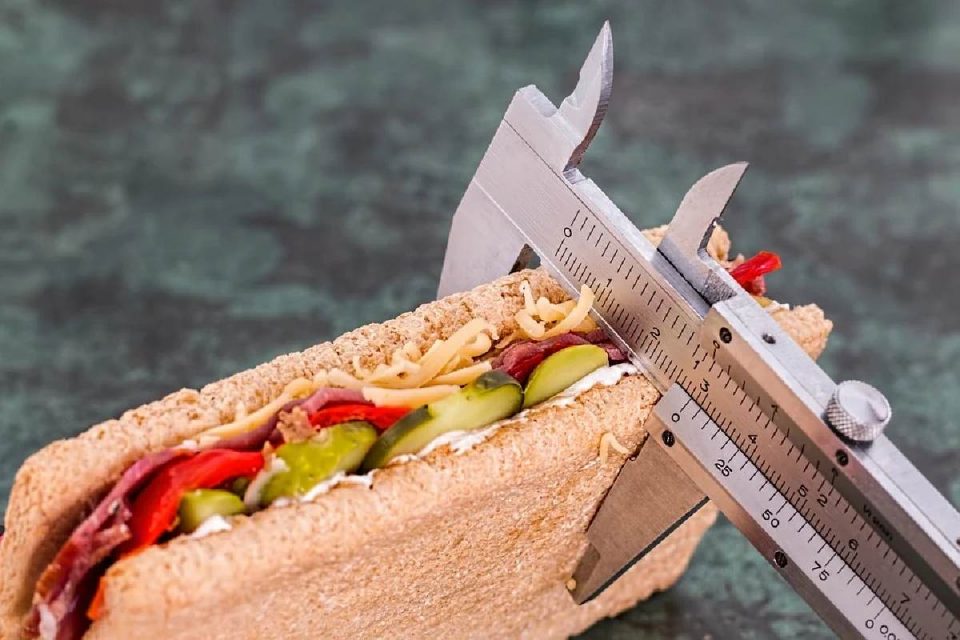Energy Balance is Not Everything in Sports Nutrition: Basic when speaking about sports nutrition, we must bear in mind that in the gain or loss of body fat in the face of a competition or a specific physical goal, not only calories matter but also our hormonal state. The digestion of these foods, and the hormonal response they generate in the body; in addition of course to our tolerance to them (if we have intolerances, allergies, etc.).
The caloric deficit is something that the body will try to avoid at all costs, and it will do so by creating metabolic adaptations to supply that lower calorie intake.
What Does the Effect of a Poorly Planned Caloric Deficit Translate Into?
In which, before losing fat in sports Nutrition. The body will try to do all of this:
- Increase hunger by decreasing leptin levels (a hormone that alerts you when you feel full) and increasing ghrelin levels (a hormone that warns you that you are hungry).
- It lowers the metabolic rate or REE (the expense of your body for the simple fact of being alive).
- We remember the decrease in EEE is the energy expenditure in total activity, both physical exercise (ExEE) and day-to-day (NEAT). We will burn fewer calories (we will consume less energy), even doing the same. But it is also that you will want to do less.
- Decreased expression of genes responsible for lipogenesis (biochemical reaction by which esterified long-chain fatty acids (linked with glycerol) synthesized to form triglycerides or reserve fats.)
- Decrease in testosterone (an anabolic hormone that facilitates mass muscle gain, among many other functions).
- Increase in cortisol (a stress hormone that alerts the body that an alarm or emergency is occurring, and one of the hormones involved in weight gain).
- Decreased activity of the thyroid gland.
- Increase in the efficiency of the mitochondria, cellular organelles responsible for the “manufacture” of energy.
- Loss of muscle mass. Yes, you read it right. For the body, fat is pure gold because it is its most significant energy reserve. It will try to mobilize all its resources, including muscles, to avoid losing its fat deposits.
Also read: What does a Nutritionist do in a Gym?
Do You Understand Why Weight Gain or Loss is Not Just a Matter of Calories? Now, Do You Know Why Basing Nutrition Solely on Calorie Counting is Entirely Incomplete and Insufficient?
In addition to all these mechanisms that put in place, we must also take into account that there are foods that are digested to a greater or lesser extent. herefore, not all the energy they contain is easily obtained by our body, as is the case with whole nuts or some seeds. On the other hand, not everybody has the same healthy state in their digestive tract or the quality of the intestinal microbiota, so each digestion is different. The energy obtained from it also varies.
In addition, not all start from the same basal metabolic state. Factors such as the diet our mother had when she was pregnant with us, whether we were born by natural childbirth or cesarean section, the life experiences we have had and have shaped our personality, fears, and aversions; or the way we were fed as children are just some of the hundreds of factors that influence our metabolism, digestions, microbiota health, food choices and relationship with food.

